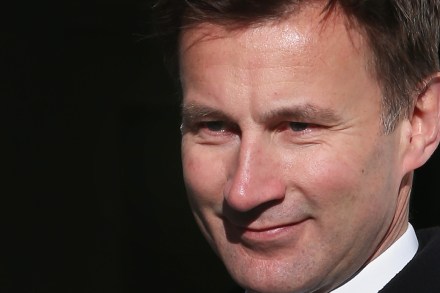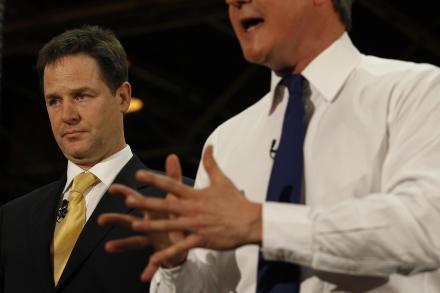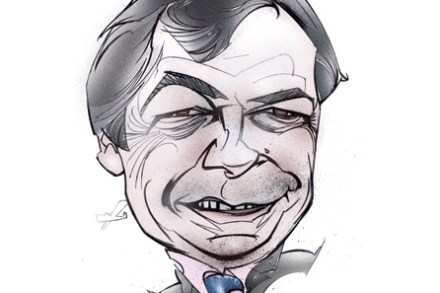Winning back lost ground
In a bid to make Tory MPs feel more involved, Downing Street is inviting small groups of them to see Andrew Cooper, David Cameron’s director of political strategy, and Stephen Gilbert, the PM’s political secretary. Patrick Rock, who acts as the political liaison to the civil service run policy-unit, also attends. The first of these meetings took place recently, with a dozen MPs attending. Those who were present describe the presentation as being frank about the government’s recent difficulties, it uses the term omnishambles, but also trying to offer reassurance. There was much talk about how Margaret Thatcher’s position at this stage in the political cycle post 1979 and















